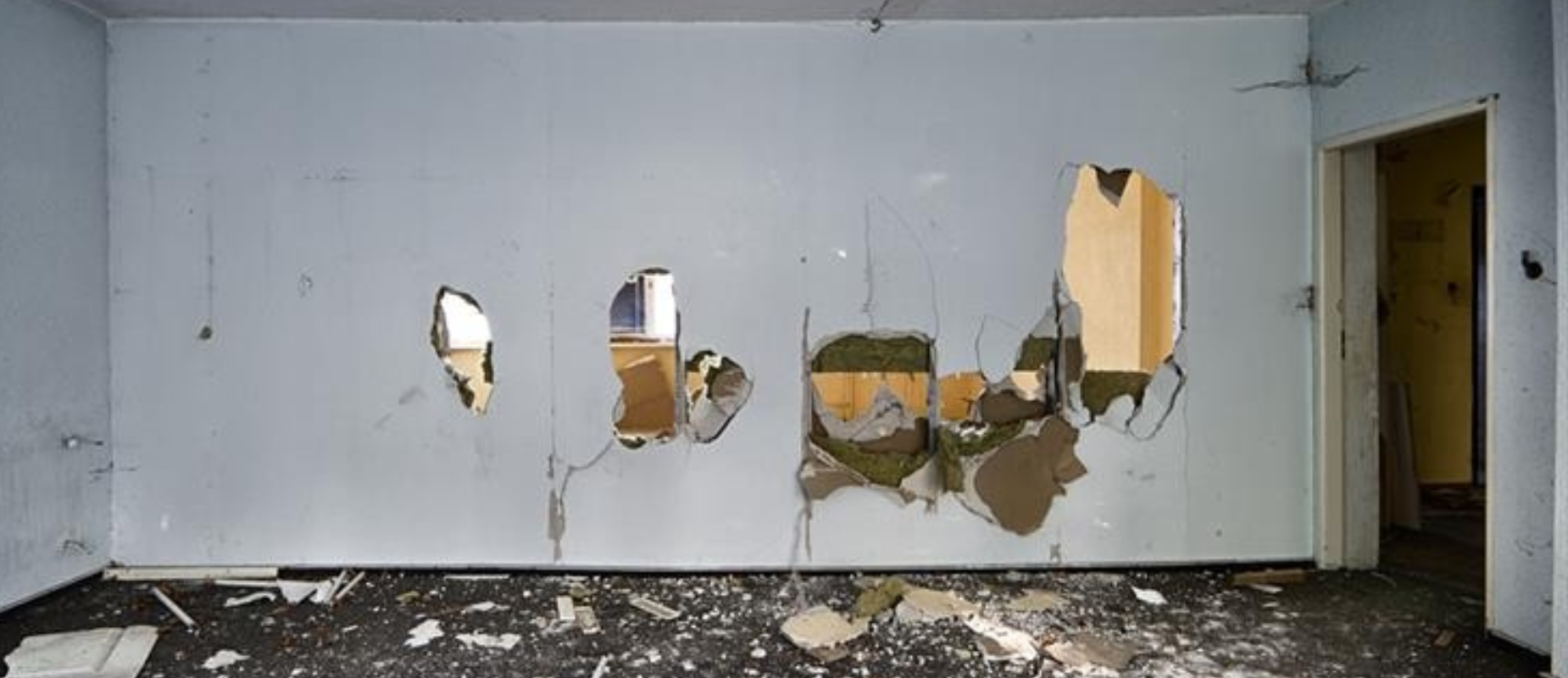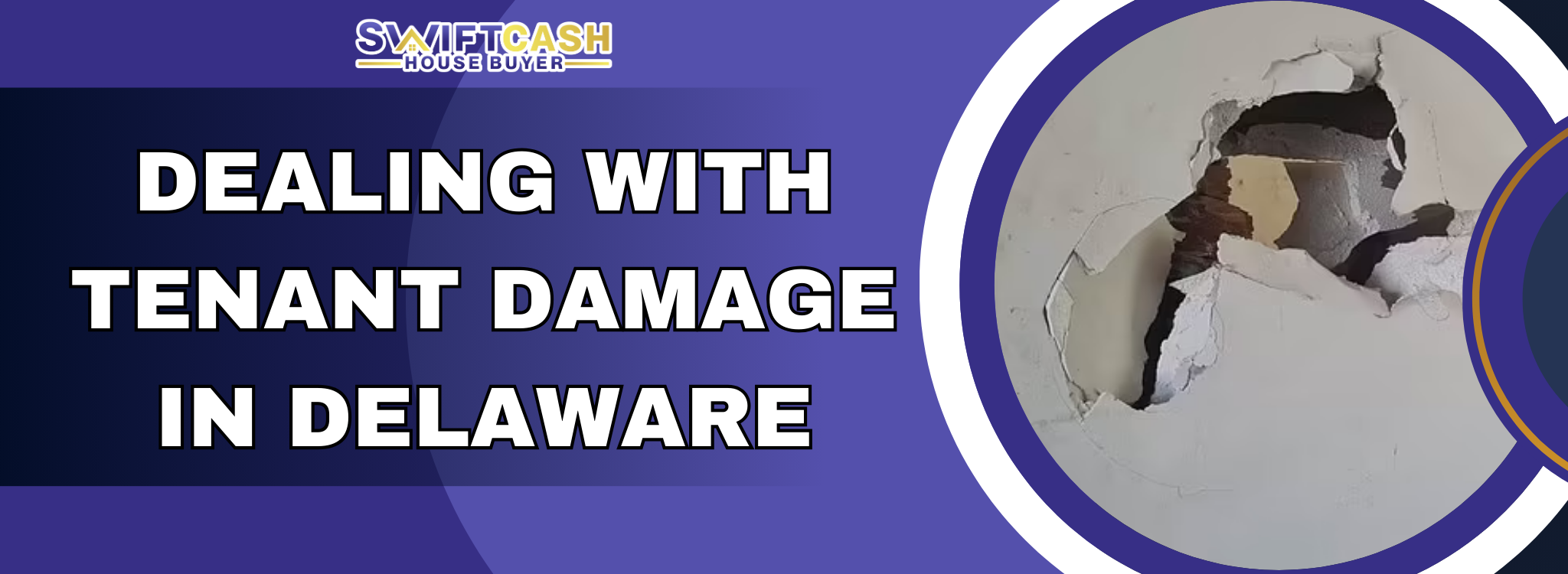
Understanding Tenant Damage Liability in Delaware Rental Properties
Defining “Damage” vs. Normal Wear and Tear in Delaware Lease Agreements
The difference between “damage” and usual wear and tear is essential in Delaware lease agreements. Damage is when the renter does something terrible that isn’t regular use, like breaking windows or leaving significant stains on the carpet. Minor problems that happen over time, like light stains on the carpet or paint that is worn down, are part of normal wear and tear. renters and property managers can better understand each other’s duties and keep the rental property in good shape if renters know these differences.
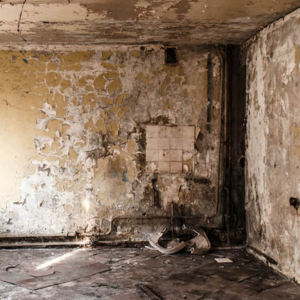
Tenant Responsibilities: What Delaware Law Requires
In Delaware, tenants have specific legal obligations they must follow. These include keeping the rental property clean and safe and reporting any repair needs quickly. Delaware tenants should not cause damage to the property and should follow the lease agreement. By meeting these responsibilities, tenants help maintain the rental property and lessen their liability for damages.
Documenting Pre-Existing Conditions: Protecting Tenants and Landlords
Documenting pre-existing conditions when a lease begins protects both tenants and landlords. Before moving in, tenants should check the property and note any existing damage or issues. This can be done with photos or written notes. The leasing agreement should show these documented conditions to avoid future disputes. Proper property documentation ensures tenants aren’t blamed for pre-existing conditions and helps landlords protect their rights during the tenancy.
How to Effectively Document Tenant-Caused Property Damage in Delaware
Detailed Photographic and Video Evidence: Best Practices
Taking pictures is important when you need to show tenant damage in Delaware. Use a good camera to take clear photos of the property damage from different angles. Make sure each photo shows all parts of the damage. Videos can also be beneficial. When shooting a video, tell the damage and show what might be hard to see in photos. This helps make a strong visual record for legal reasons.
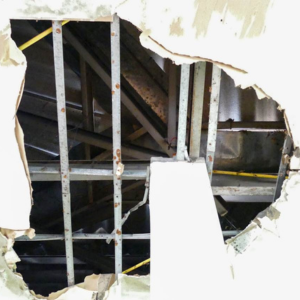
Written Documentation: Detailed Descriptions and Inventories
Besides pictures and videos, writing down what you see is also key. Write detailed descriptions of each damage to property caused by the tenant. Note where it is and how bad it is. List any items that got damaged and describe their condition. This written record helps keep track of the property’s condition and is essential if there are any problems or claims.
Using Professional Property Inspection Services
To fully understand the damage, consider hiring professional inspection services. These experts can do a detailed property check and provide an unbiased report on the tenant damage to Delaware property. Their report is helpful in disputes and helps measure the damage. Getting professional inspections helps with a complete property check and backs up claims with expert findings.
Swift Cash House Buyer helps property owners deal with tenant-related property issues. For help or more information on documenting property damage, contact us for a free consultation.
Legal Recourse for Landlords Facing Tenant-Caused Property Damage in Delaware
If a tenant damages your property in Delaware, you have specific legal options to handle this. Knowing these options helps landlords protect their property and find the right solutions using the law.
Withholding Security Deposits: Legal Procedures and Limitations
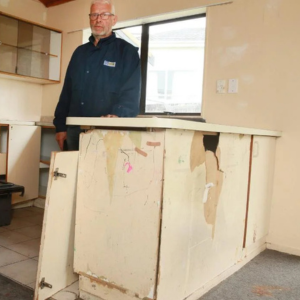
In Delaware, you can keep part or all of a tenant’s security deposit if they cause damage. Here’s what you need to do:
- Document Damage: Take pictures and describe all damage caused by the tenant.
- Provide Itemized Statement: You must give the tenant a list that explains why you’re keeping part of the security deposit. This needs to be done within 20 days after the lease ends.
- Limitations: You can only deduct the actual cost of the damages, not normal wear and tear.
Following these steps helps avoid legal issues when dealing with damaged property.
Pursuing Legal Action: Small Claims Court and Beyond
If the damages are more than the security deposit or if there are disagreements, you might need to take legal action:
- Small Claims Court: You can go to small claims court for up to $15,000. It is usually quicker and cheaper.
- Hiring an Attorney: If the situation is complicated or involves large amounts, you may want to get a lawyer who knows about landlord-tenant issues.
Ensure you have all your documents and evidence ready before going to court.
Costs Associated with Legal Action: Fees and Potential Expenses
Taking legal action can be costly. Here are some expenses to think about:
- Legal Fees: The cost of hiring a lawyer can vary based on your case.
- Court Costs: You must pay fees to file a case in Delaware courts.
- Other Expenses: You might also need to pay for serving documents and collecting evidence.
Considering these costs will help you decide if legal action is the best choice.
For personalized help or more questions about tenant-related legal issues, contact Swift Cash House Buyer for advice.
Preventing Tenant Damage: Proactive Strategies for Delaware Landlords
Keeping your rental property in good shape is essential. For Delaware landlords, there are ways to stop tenant damage before it happens. By using tenant screening, having an explicit lease agreement, and checking the property often, you can better care of your property.
Thorough Tenant Screening and Selection Processes
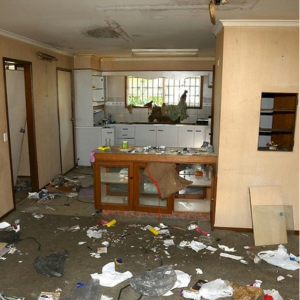
Finding the right tenant is key:
- Background Checks: Make sure the tenant has no criminal record.
- Credit History: Check if the tenant pays their bills on time.
- Rental History: Ask past landlords if the tenant took care of their last place.
- Reference Checks: Talk to people who know the tenant to see if they are responsible.
These steps help pick a good tenant, which helps avoid damage and keeps rental agreements on track.
Creating a Comprehensive Lease Agreement Addressing Damage
Having a strong lease agreement helps everyone understand what’s expected:
- Damage Clauses: Explain what the tenant must do if they cause damage.
- Legal Protection: Make sure both sides know what will happen if there’s damage, according to the law.
- Landlord Obligations: Say what the landlord needs to fix to keep the place nice.
Putting these things in your rental agreements makes everything clear and helps solve problems if they come up.
Regular Property Inspections: Minimizing Disputes and Damage
Checking the property regularly keeps it in good shape:
- Inspection Schedule: Plan regular times to check the property.
- Tenant Communication: Let tenants know when inspections are happening and ask them to tell you about any problems.
- Dispute Resolution: Use inspections to fix minor issues before they get bigger.
You keep a good relationship with tenants by checking your properties often and protecting your investment.
Common Types of Tenant-Caused Damage and Cost Considerations in Delaware
Understanding tenant property damage in rental units is essential for landlords in Delaware. Knowing common problems can help landlords take better care of their properties.
Most Frequent Damage Issues in Delaware Rental Units
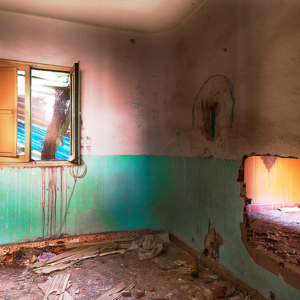
Tenant damage can happen in many ways, but some problems are more common. Here are a few:
- Stained Carpets and Flooring: Spills and foot traffic can cause stains.
- Wall Damage: Small holes from nails or scuffs from furniture are usual.
- Bathroom Mold: Not enough airflow can lead to mold, especially in older homes.
- Broken Appliances: Misuse or not taking care of results in broken appliances.
These frequent damage issues need quick attention to stop further harm to the property.
Proactive Damage Mitigation Strategies for Landlords
Landlords can use strategies to reduce potential damage:
- Regular Inspections: Routine checks can find and fix problems early.
- Clear Lease Agreements: Stating tenant duties avoids confusion.
- Security Deposits: A deposit helps cover minor damages when needed.
- Education and Communication: Teaching tenants how to take care of things encourages them to be careful.
Proactive mitigation keeps the property in good shape and helps build relationships with tenants.
Typical Repair Costs: Budgeting for Potential Expenses
Knowing repair costs helps landlords budget smartly. Here are the costs for common repairs in Delaware:
- Carpet Cleaning/Replacement: $150 – $500, based on damage.
- Wall Repairs: $100 – $300 for fixing and painting small spots.
- Mold Remediation: $500 – $2,000, depending on size and place.
- Appliance Repair/Replacement: Costs differ; expect $100 – $400 for basic fixes.
Budgeting for these costs is key for managing money well and keeping the property in top condition.
For more advice on managing tenant property damage and safeguarding your investment, visit Swift Cash House Buyer.
FAQs:
What happens if a tenant causes damage to the property in Delaware?
If a tenant causes damage, they might have to pay for repairs. The landlord can take repair costs from the security deposit or legal action if damages exceed the deposit.
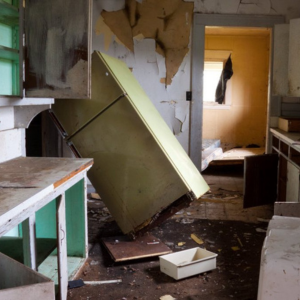
How can landlords address tenant damage effectively?
Landlords should take photos and write reports about any damages. Following Delaware law, informing tenants in writing about the damage and repair costs is essential.
Are tenants responsible for repairs during occupancy?
Tenants must take care of the property and report problems quickly. They must fix any damage they cause by being careless or misusing things.
What is the process if a tenant abandons the property in Delaware?
If a tenant leaves the property, landlords must follow Delaware’s steps for handling abandoned property, like giving notice and keeping belongings for a while.
How can both landlords and tenants avoid potential disputes?
Clear communication and having an explicit rental agreement can stop misunderstandings. Both parties should know their rights and duties to keep things peaceful.
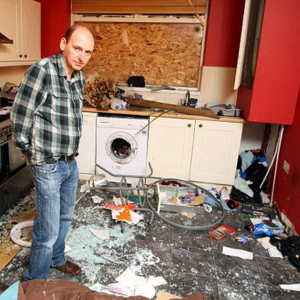
What legal remedies are available if a tenant fails to repair the damage?
Landlords can go to small claims court for damages over the security deposit. Talking to a lawyer to ensure actions follow Delaware laws is a good idea.
How important is it for tenants to understand their liability for property damage?
Liability helps tenants protect their money and keep a good rental record. It ensures they respond to problems on time and follow lease rules.
What are the landlord’s obligations regarding essential repairs?
Landlords must keep the property livable and do necessary repairs. If they don’t, tenants might complain or stop paying rent until repairs are done.
Key Insights
- Tenant damage to Delaware property is a problem for landlords of both homes and businesses.
- Knowing who’s responsible for tenant damage in Delaware helps everyone follow the rules.
- The Delaware Code explains what landlords and tenants must do about the damage.
- To fix tenant property damage in Delaware, follow state rules closely.
- Solutions for tenant damage can differ, so landlords and tenants must know their duties.
- In Delaware, landlords should keep their places in good shape to avoid fights over damages.
- Property damage by tenants often leads to problems, so clear talking is essential.
- Delaware tenant abandonment laws tell landlords what to do if a tenant leaves things behind.
- Landlords must give a written note to tenants before taking steps about damage or getting stuff back.
- Following Delaware’s residential codes helps make sure everyone follows the law when managing property.
- Tenants and landlords should know their roles in property damage to stay out of trouble.
- Delaware tenant property damage laws aim to safeguard everyone and show how to solve problems.
- Understanding who pays for property damage helps stop fights in Delaware rental agreements.
- Both sides need to know Delaware’s tenant laws to protect their rights and care for property well.
- Reach out to us for free help with any tenant damage issues in Delaware.
If you want to sell a house in Delaware, we’re here to help! Whether you’re in Wilmington, Claymont, Brookside, Delaware City, Middletown, Odessa, or surrounding areas, we make the process simple and hassle-free. We buy houses in any condition, offering a quick and fair solution for homeowners who need to sell fast. Visit our website Swift Cash House Buyer to learn more about how to sell a home in Delaware and discover the best options available. If you have any questions or need assistance, Contact Us at (610) 590-9845.

